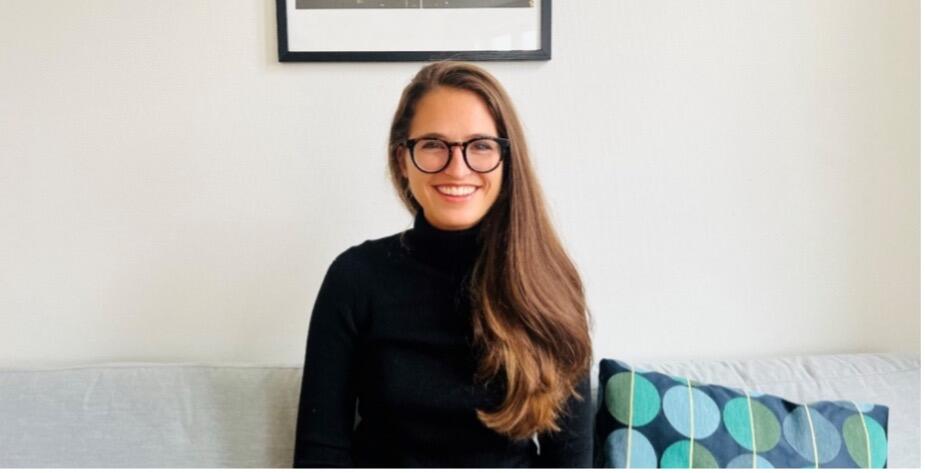Producing the ideal citizen? An anthropological study of Norwegian integration politics
What perspectives on integration do Norwegian bureaucrats build on when creating integration policies? What purpose do integration policies serve in Norway and how are these policies implemented by frontline workers in the municipalities?

Main content
What does integration mean? The question has been at the centre of political and public debates in Norway for the past four decades and is shaped by specific perspectives on “the nation”, “belonging”, and minority-majority relationships.
But what perspectives on integration do Norwegian bureaucrats build on when creating Norwegian integration policies? What purpose do integration policies serve in Norway and how are these policies implemented by frontline workers in the municipalities?
In this lunch seminar, Mona Frank will talk about how Norwegian governmental policies utilise the mandatory introduction program for refugees to shape refugees into “ideal citizen workers”. Building on empirical data from a small municipality, Mona will present the fictitious city of Låsen as a case study to illustrate how frontline workers’ perspectives on integration differ from the imaginaries of Norwegian policy makers, who view integration as a business model and integration policies as a tool of discipline and control.
The case study also shows how frontline workers struggle to implement Norwegian integration policies, as their daily work is affected by local power struggle and austerity policies which bring the local integration infrastructure to the verge of collapse.
Mona Frank holds an Erasmus Mundus master’s degree in Social and Cultural Psychology, with a specialization in migration and acculturation, as well as a master’s degree in Social Anthropology from the University of Oslo. Her master thesis on the Norwegian integration system for refugees was published as a report by ARENA Centre for European Studies (UiO) in 2023. Mona works currently as advisor at Skeiv Verden Vest.
